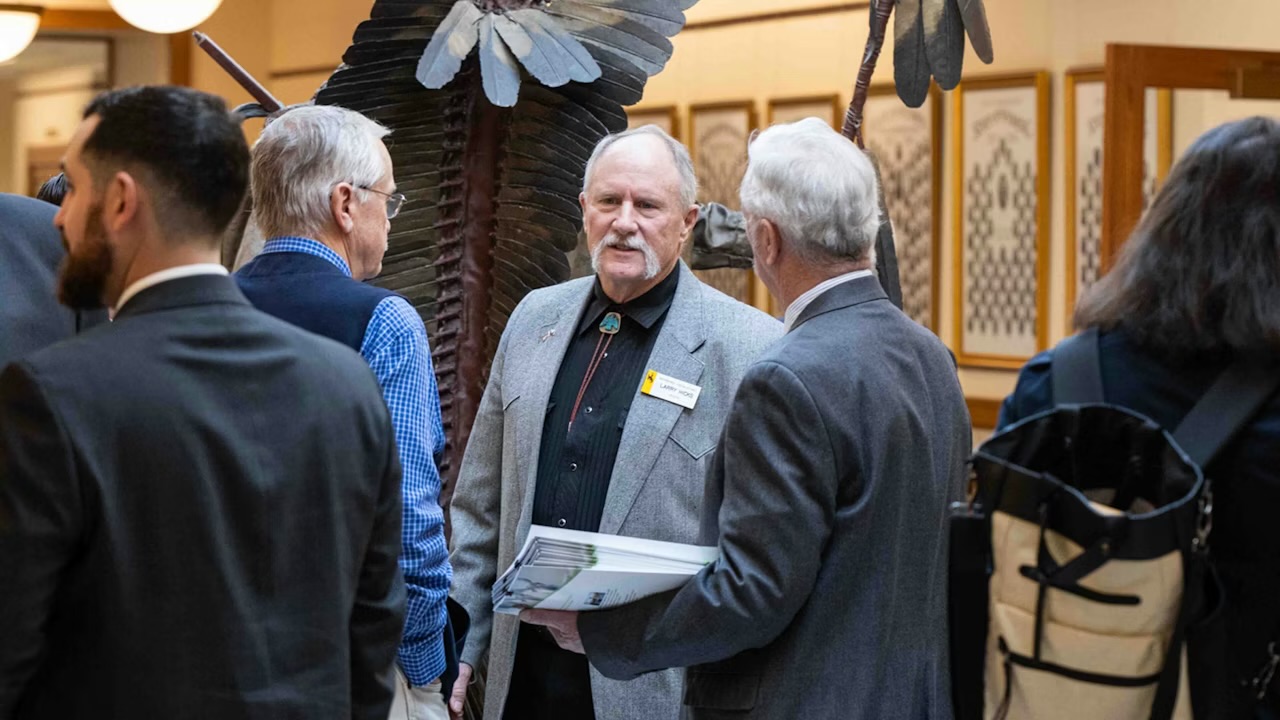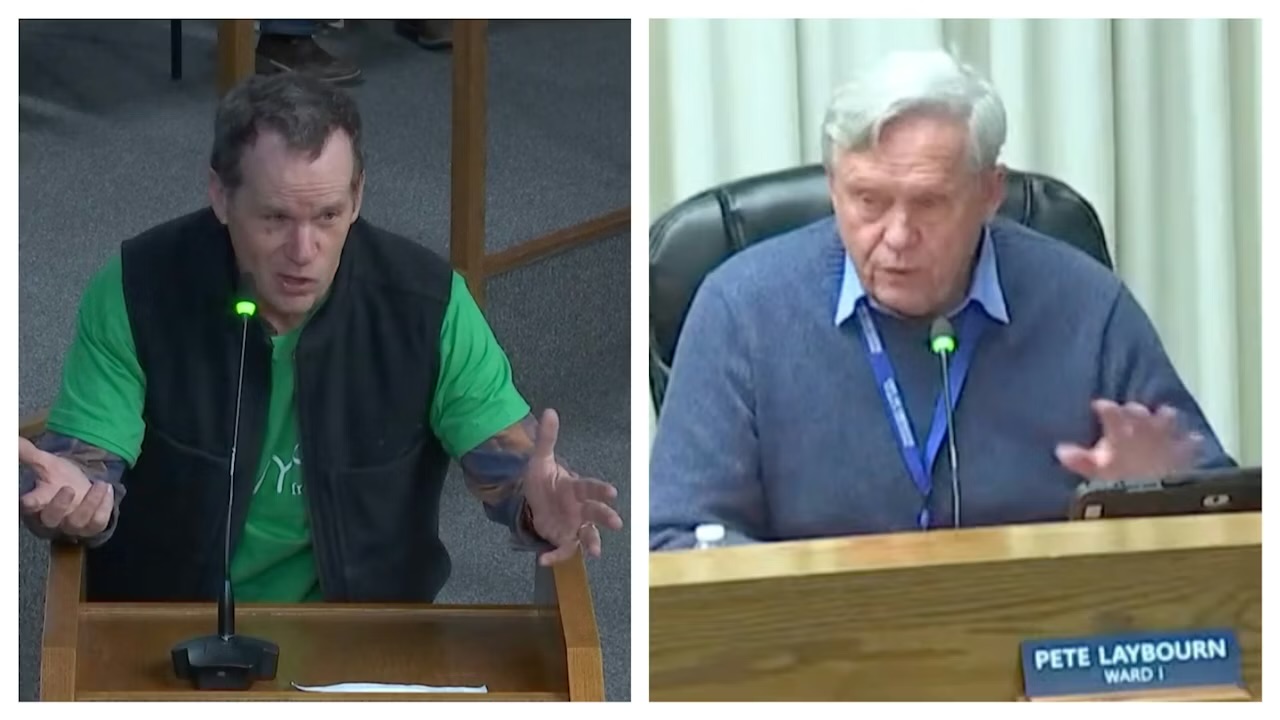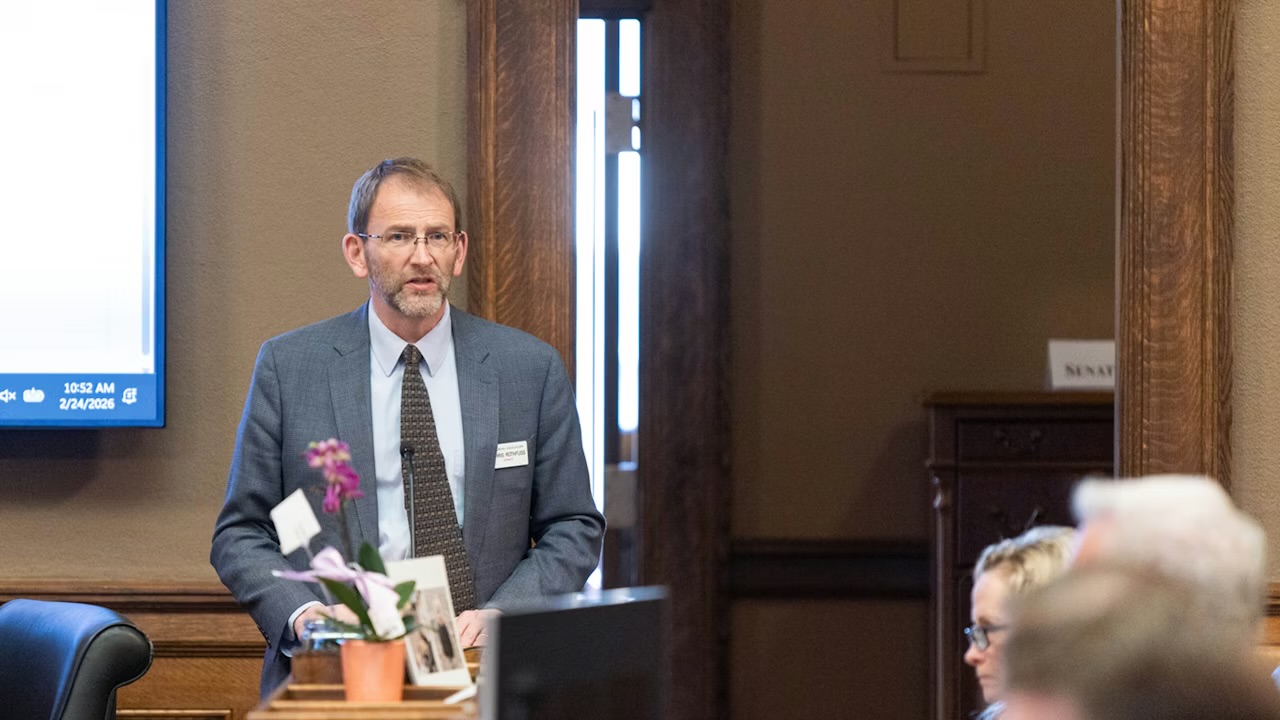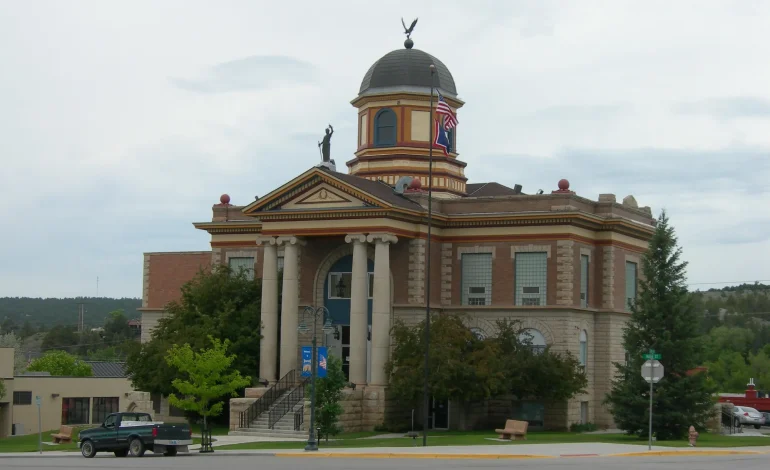A growing debate over how incarcerated individuals are counted during Wyoming’s redistricting process has sparked questions about fair political representation and compliance with state residency laws, WyoFile reports.
A recent report from the Prison Policy Initiative, a nonprofit focused on criminal justice reform, highlights concerns that the practice known as prison gerrymandering may be inflating the political influence of certain legislative districts in Wyoming—while denying representation to the incarcerated individuals themselves.
Although people incarcerated in Wyoming cannot vote while serving their sentence, the US Census Bureau—and by extension, the state—counts them as residents of the legislative district where they are imprisoned, not their home communities. The report argues this skews representation, especially in areas with large prison populations.
House District 2, represented by Rep. JD Williams (R-Lusk), is a key example. It includes three correctional facilities—the women’s prison near Lusk, a medium-security men’s prison outside Torrington, and the Wyoming Honor Conservation Camp outside Newcastle. According to the report, nearly 14% of District 2’s population is made up of incarcerated individuals who cannot vote, yet their numbers are used to determine the district’s size.
Critics argue this arrangement both deprives inmates of political representation tied to their home districts and gives disproportionate influence to residents living near prisons. According to the Prison Policy Initiative, the imbalance means that 86 residents in House District 2 effectively hold the same political power as 100 residents in a district without prisons.
State law appears to support the critics’ position. Wyoming defines residency as the place a person intends to return to and specifies that living in an institution—such as a hospital or prison—does not automatically change one’s legal residence. That definition, the report suggests, calls into question the current redistricting practice.
Rep. Williams said he considers incarcerated people in his district as part of his constituency, despite their transient presence.
“It is very rare for an inmate to contact me with an issue that can be addressed legislatively,” he noted in an email to WyoFile.
Instead, he said, he hears more from prison staff who live and work in the district.
Sen. Cale Case (R-Lander), who has chaired the Senate committee overseeing elections since 2007, acknowledged familiarity with the issue. However, he said it did not come up during Wyoming’s last redistricting in 2022, a contentious process focused largely on legislative negotiations rather than how prisoners are counted. Still, he sees value in reconsidering the current approach.
“Do I feel like the inmates’ rights are compromised by the way they’re counted? I’m not sure,” he said.
Wyoming is one of several states that have yet to adjust their redistricting practices to reflect inmates’ home addresses rather than their prison locations. Neighboring Montana, by contrast, has made efforts to count prisoners as residents of their original communities. According to the National Conference of State Legislatures, rethinking how incarcerated people are counted is one of the fastest-growing trends in redistricting nationwide.
The report urges Wyoming lawmakers to begin preparing for changes before the next redistricting cycle following the 2030 census. With new data technologies, researchers say, it’s increasingly feasible to reallocate inmates to their home districts accurately.
Whether Wyoming will consider such reforms remains uncertain. Rep. Williams believes the state is unlikely to change course, citing continued reliance on federal census data that places incarcerated individuals at their prison location.










The latest news in your social feeds
Subscribe to our social media platforms to stay tuned